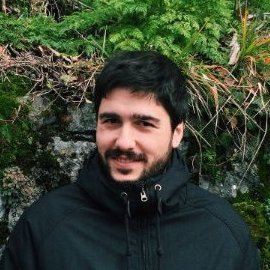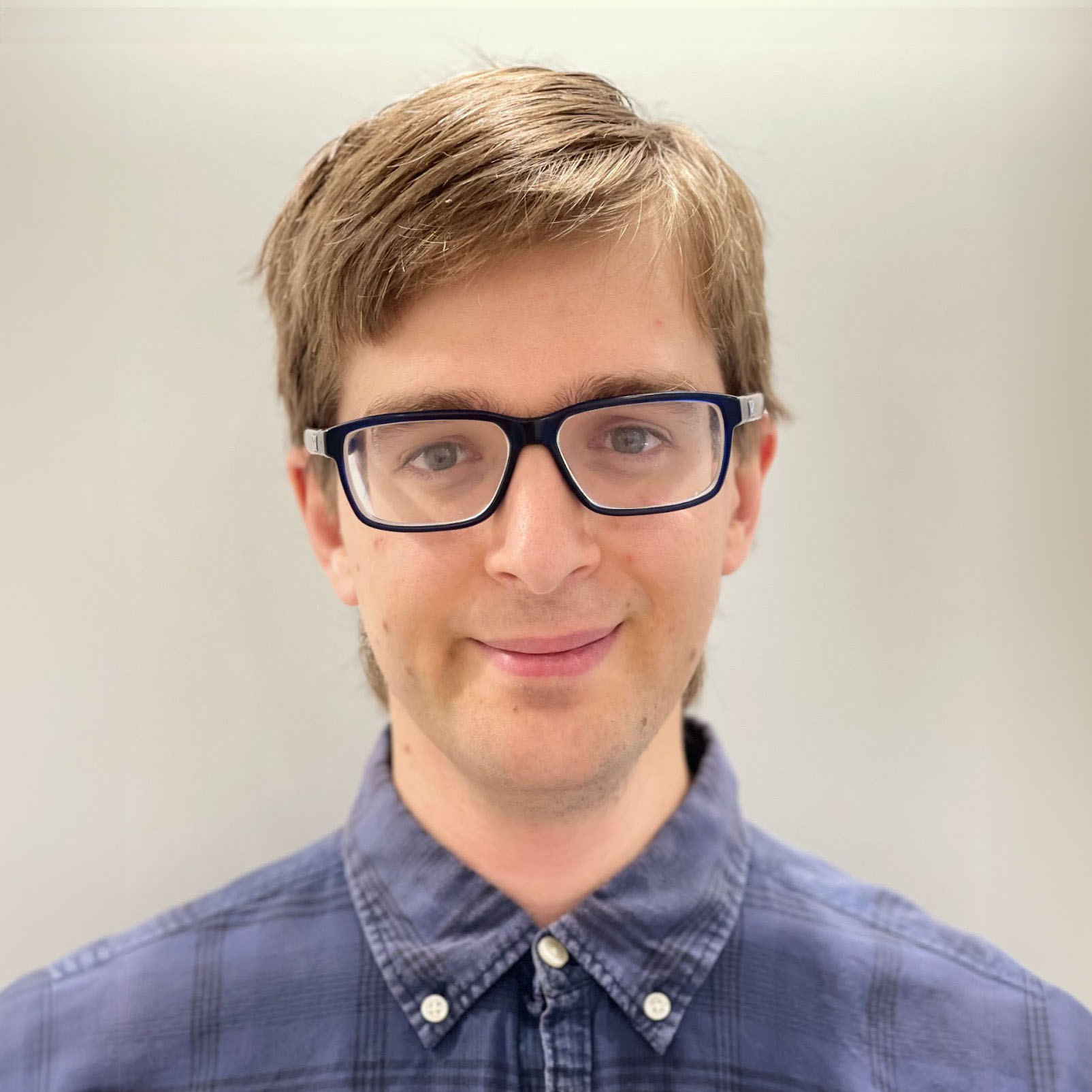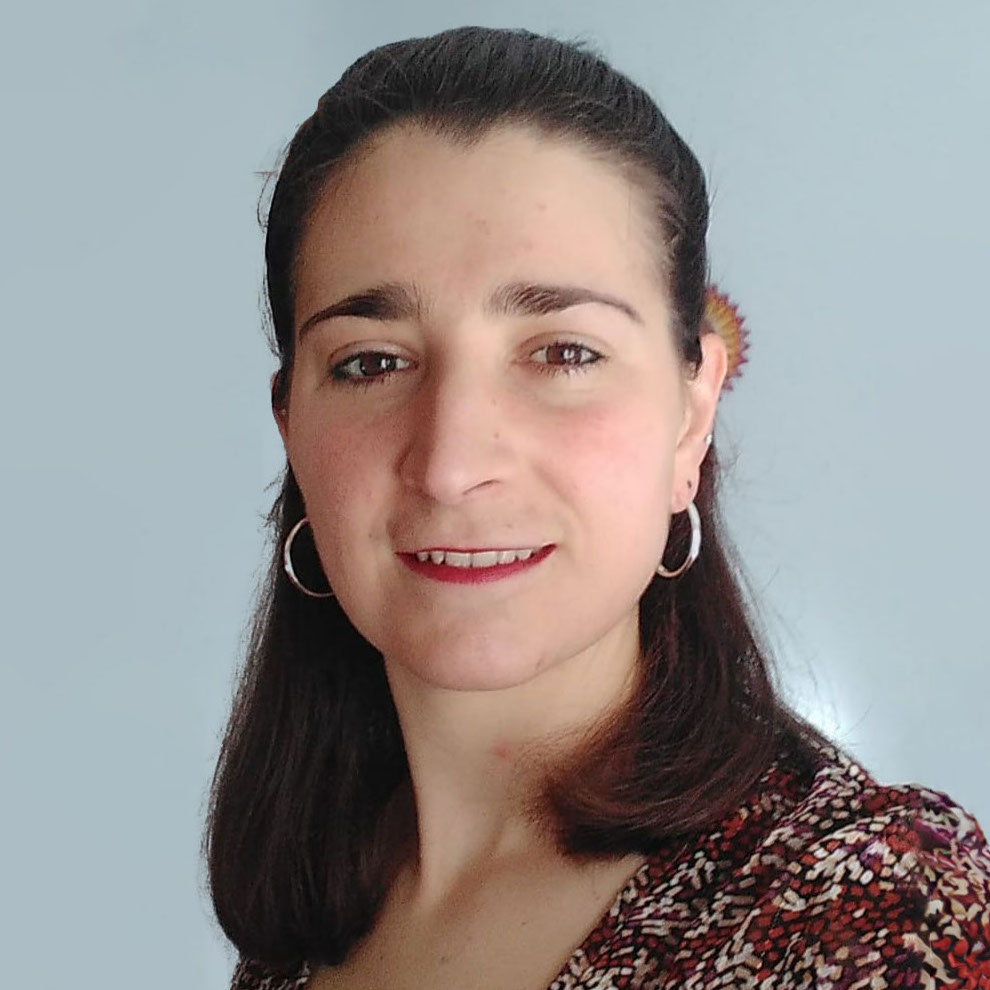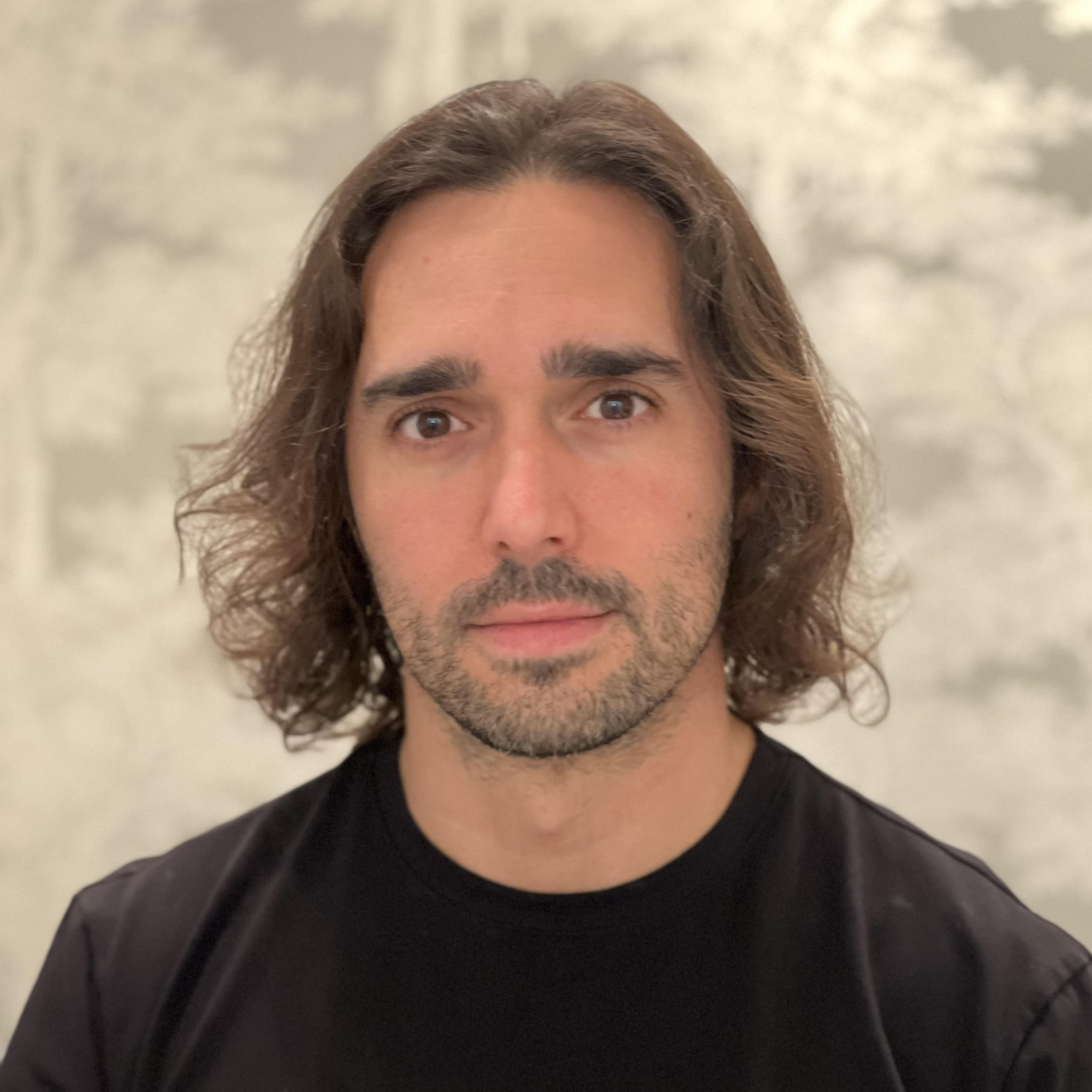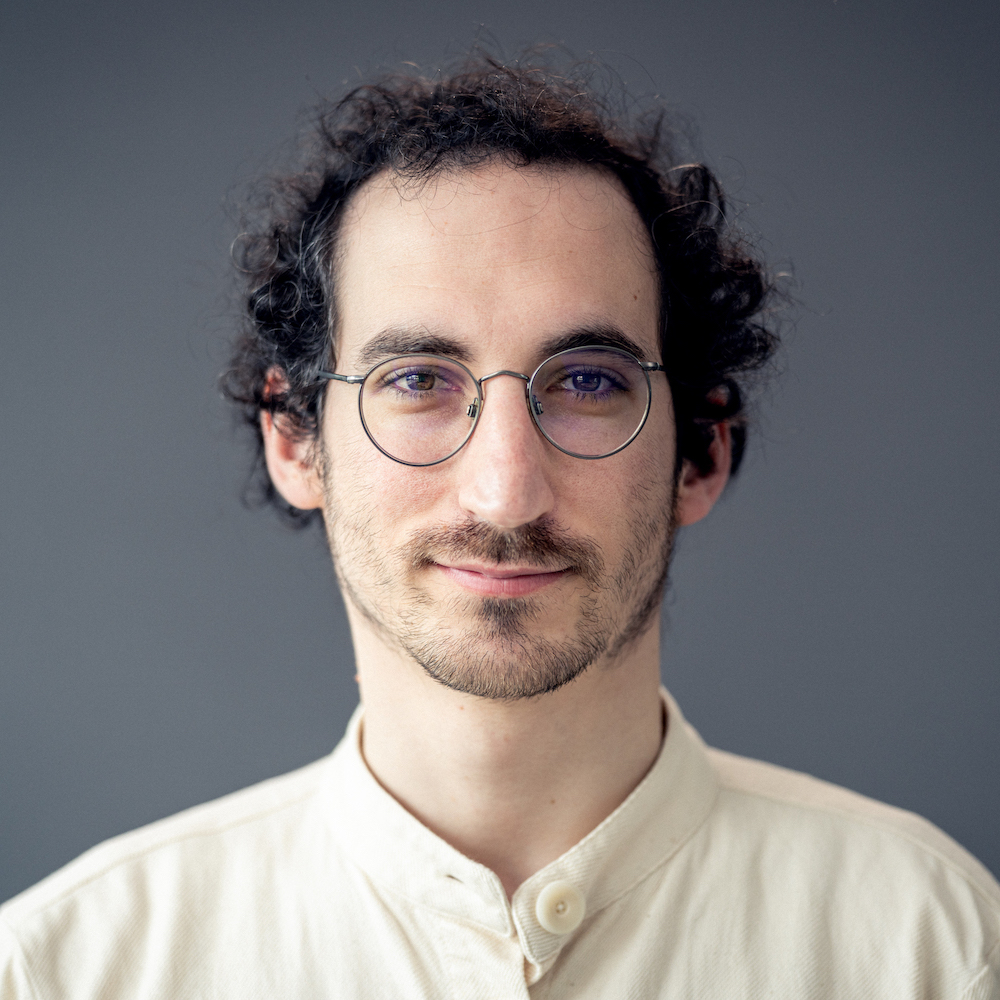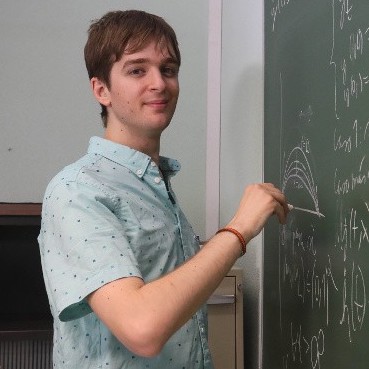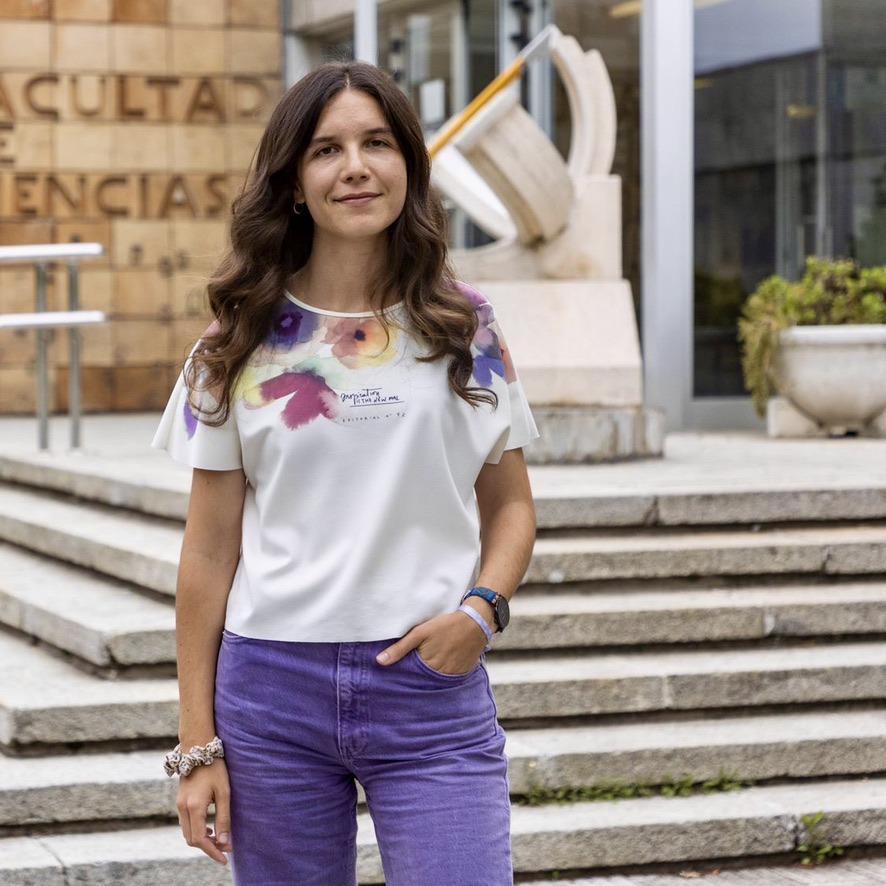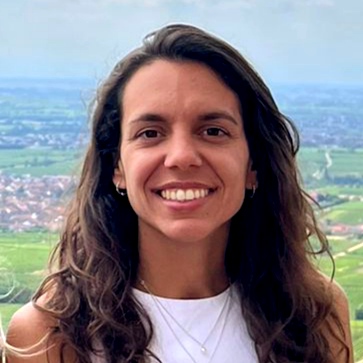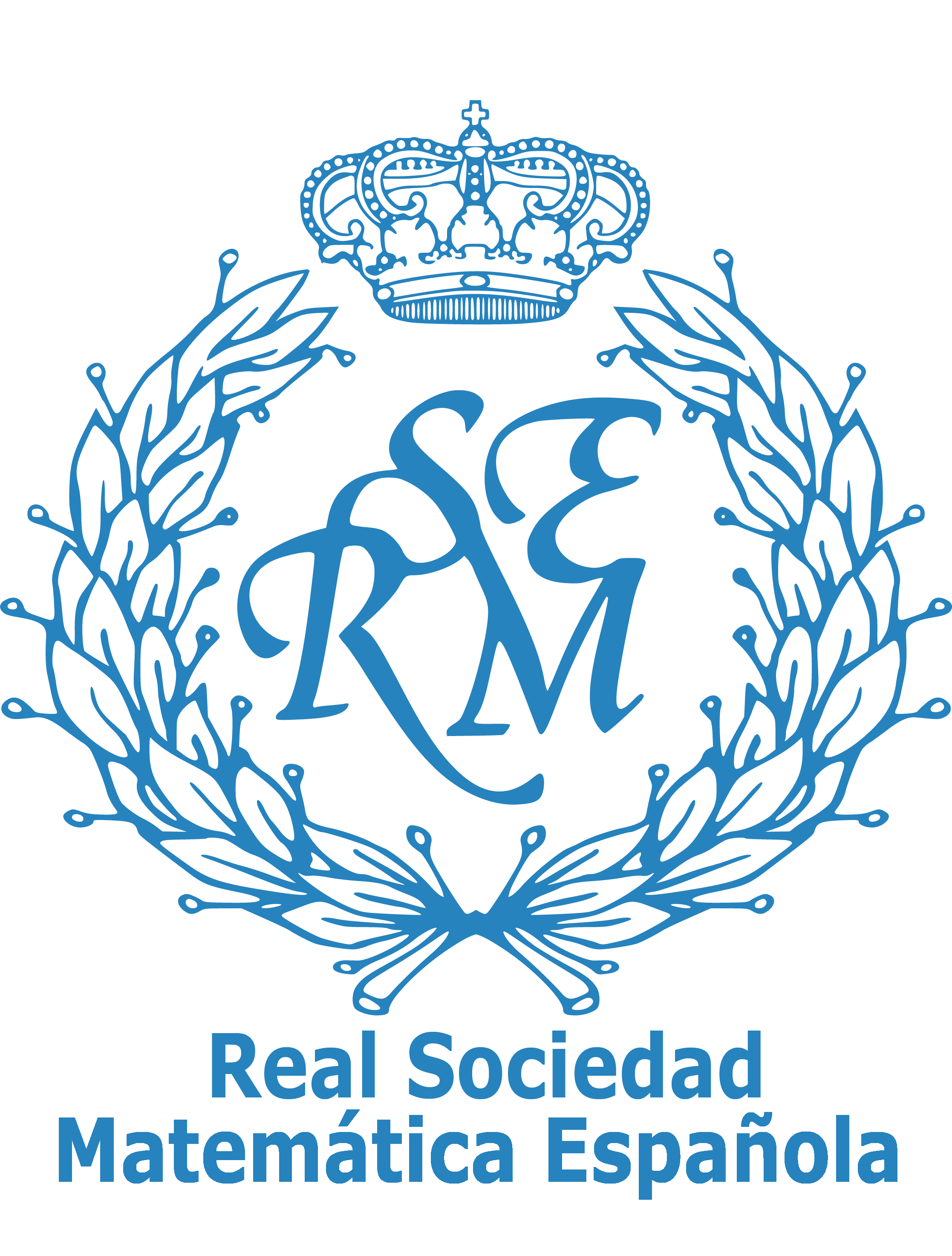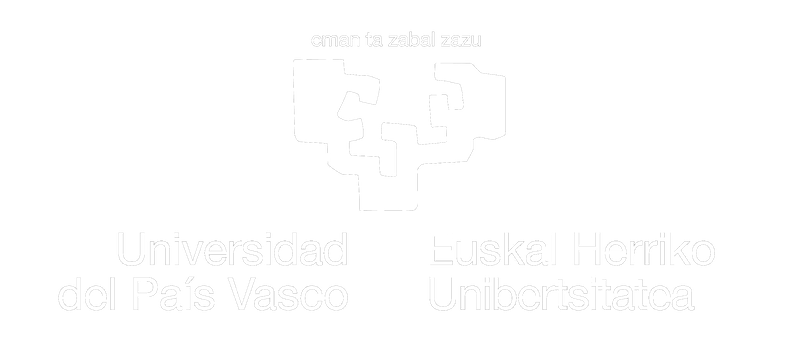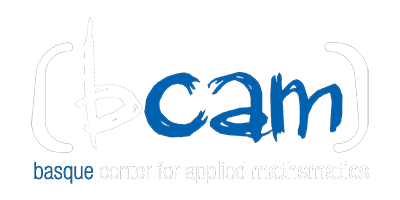The RSME's 7th Congress of Young Rsearchers has an organizing committee and a scientific committee. The conference is organized by the RSME, the UPV/EHU, which will be the hosting institution; and the BCAM.
Organizing Committee
The organizing committee has nine people linked to the Basque mathematical community. The chairperson of the organizing committee is Josué Tonelli-Cueto, and the treasurer Oihana Garaialde Ocaña. Moreover, the committe has five officers who are responsible of the activities of the congress. The committee is formed by the following people (ordered alphabetically).
The committee is formed by the following people (ordered alphabetically).
The committee is formed by the following people (ordered alphabetically).
Julen Alvarez-Aramberri
(UPV/EHU)
[SciPop Officer]
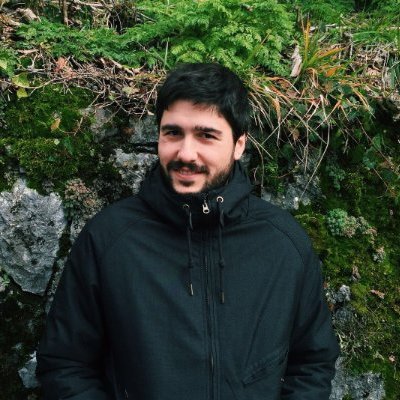
©2020 Julen Alvarez-Aramberri
Specialist in applied mathematics, with special attention to numerical problems associated with geophysics and electromagnetism.
María Zambrano Postdoctoral Researcher at UPV/EHU, since 2022. Postdoctoral Researcher at BCAM, 2021. Postdoctoral Research Fellow at Columbia University (New York, United States), 2018-2020. PhD from UPV/EHU and Université de Pau et des Pays de l'Adour (France), 2015, with Extraordinary Award; Máster en Modelización e Investigación Matemática, Estadística y Computación from UPV/EHU, 2011; Máster en Banca y Finanzas Cuantitativas from UPV/EHU, UV and UCM, 2009; and Licenciatura en Física from UPV/EHU, 2007.
Jon Asier Bárcena-Petisco
(UPV/EHU)
[Work RMT Officer]
Specialist in differential equations, with special attention to controllability and observability.
Assistant Professor at UPV/EHU, since 2021. Vicent Caselles Award 2021. Postdoc at Universidad Autónoma de Madrid, 2020-2021. PhD from Sorbonne Université (France), 2020; Master1 Mathématiques and Master2 Mathématiques et applications from Sorbonne Université (France), 2016 y 2017; and Grado en Matemáticas from UPV/EHU, 2016.
Aingeru Fernández Bertolin
(UPV/EHU)
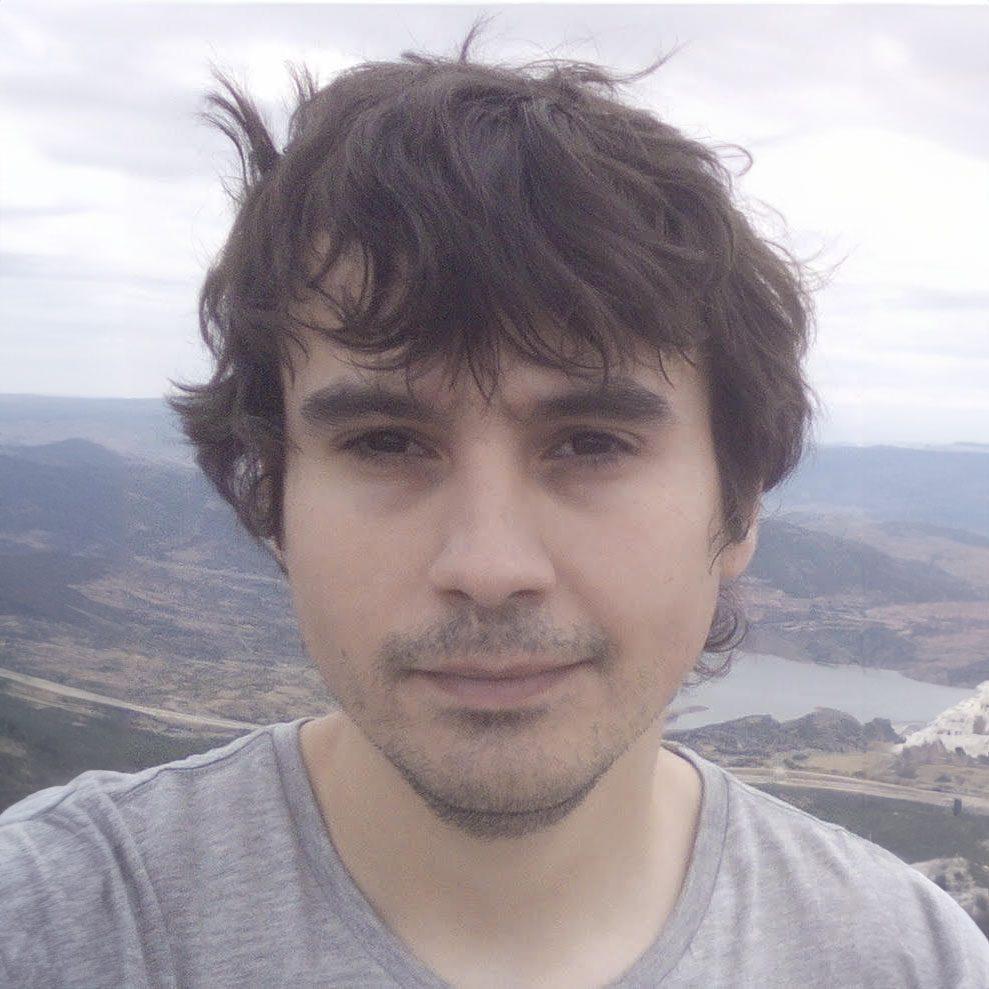
©2017 Aingeru Fernández Bertolín
Specialist in partial differential equations with special attention to unique continuation problems.
Assistant Professor at UPV/EHU, since 2017. IdEx Postdoctoral Researcher at Universtité de Bordeaux (France), 2016-2017. PhD from UPV/EHU, 2015; and Licenciatura en Matemáticas from UPV/EHU, 2011.
Oihana Garaialde Ocaña
(UPV/EHU)
[Treasurer]
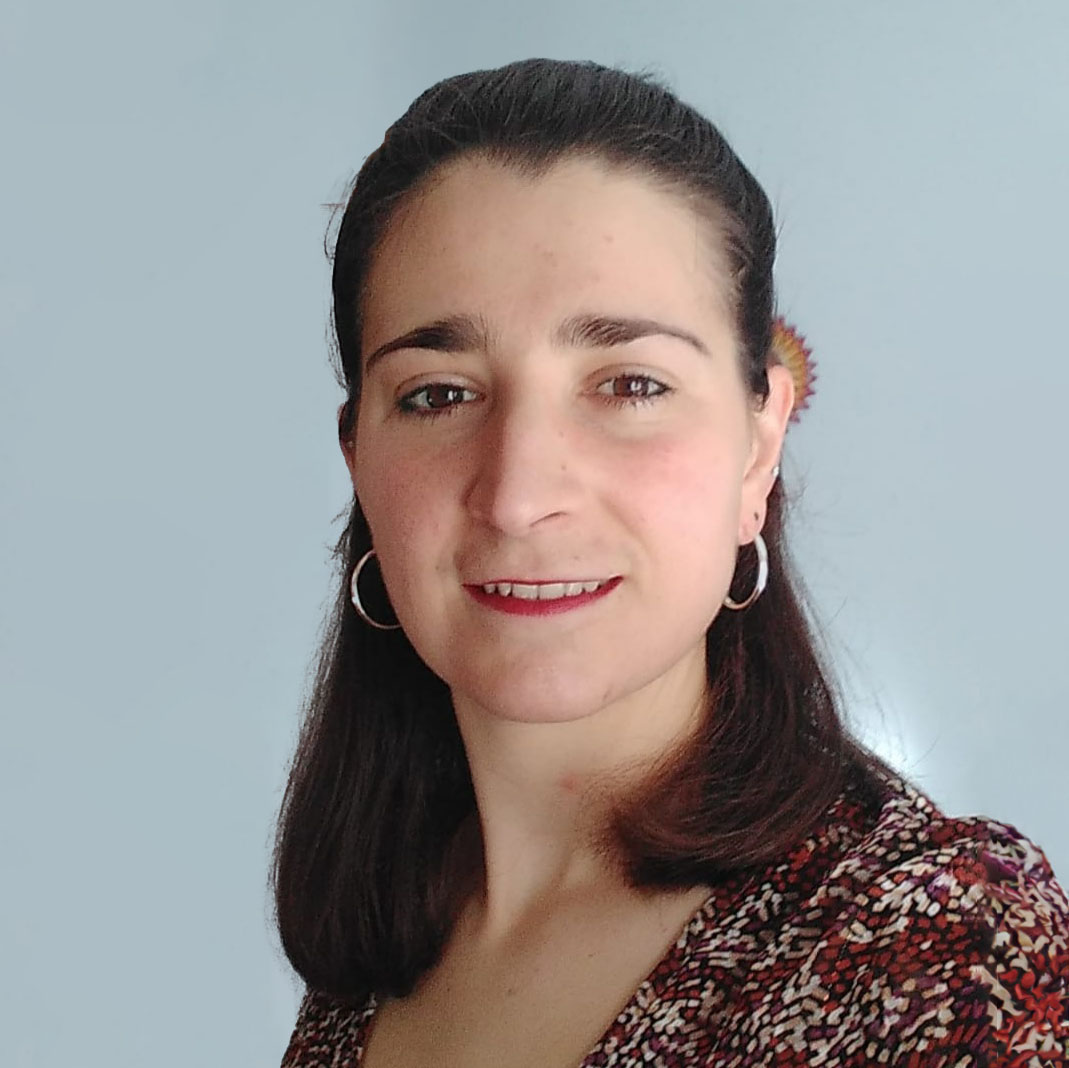
©2023 Oihana Garaialde Ocaña
Specialist in group theory and homological algebra, more concretely, (pro)finite group cohomology and spectral sequences.
Assistant Professor at UPV/EHU, since 2019 (February). Postdoctoral Fellow of the group Algebra and Number Theory at Universität Düsseldorf (Germany), 2017 [January]-2018 [December]. PhD from UPV/EHU, 2016 [October]; Master in Mathematical Sciences from Universiteit Utrecht (The Netherlands), 2011; and Licenciatura en Matemáticas from UPV/EHU, 2010.
Leticia Hernando
(UPV/EHU)
[Youngs RT Officer]
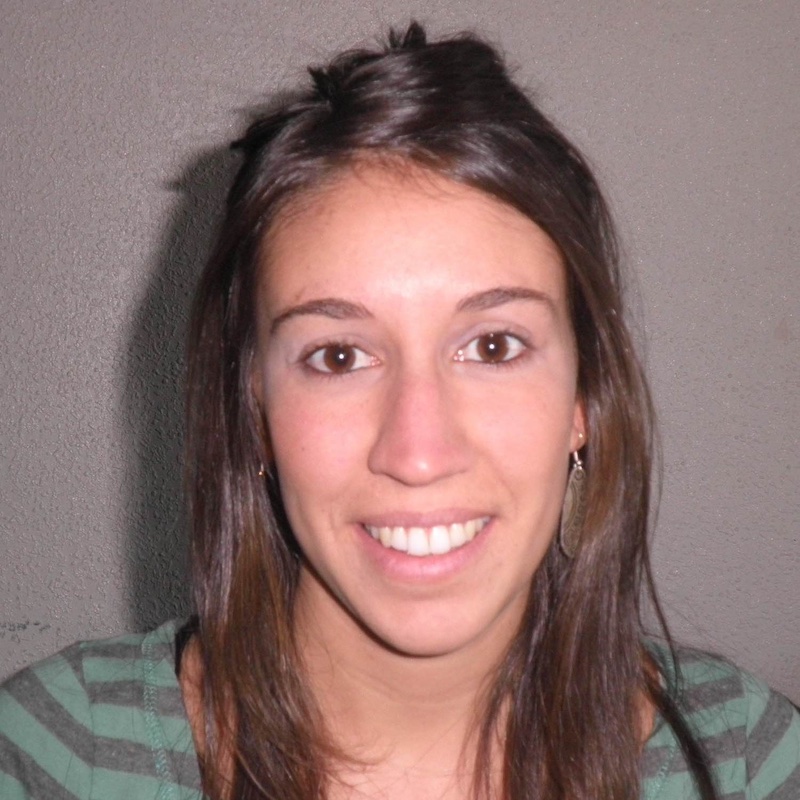
©2011 Leticia Hernando
Specialist in permutation-based combinatorial optimization and (meta)heuristic techniques development.
Assistant Professor at UPV/EHU, since 2019. PhD from UPV/EHU, 2015; Máster en Ingeniería Computacional y Sistemas Inteligentes from UPV/EHU, 2010; and Licenciatura en Matemáticas from UPV/EHU, 2009.
Iker Malaina
(UPV/EHU)
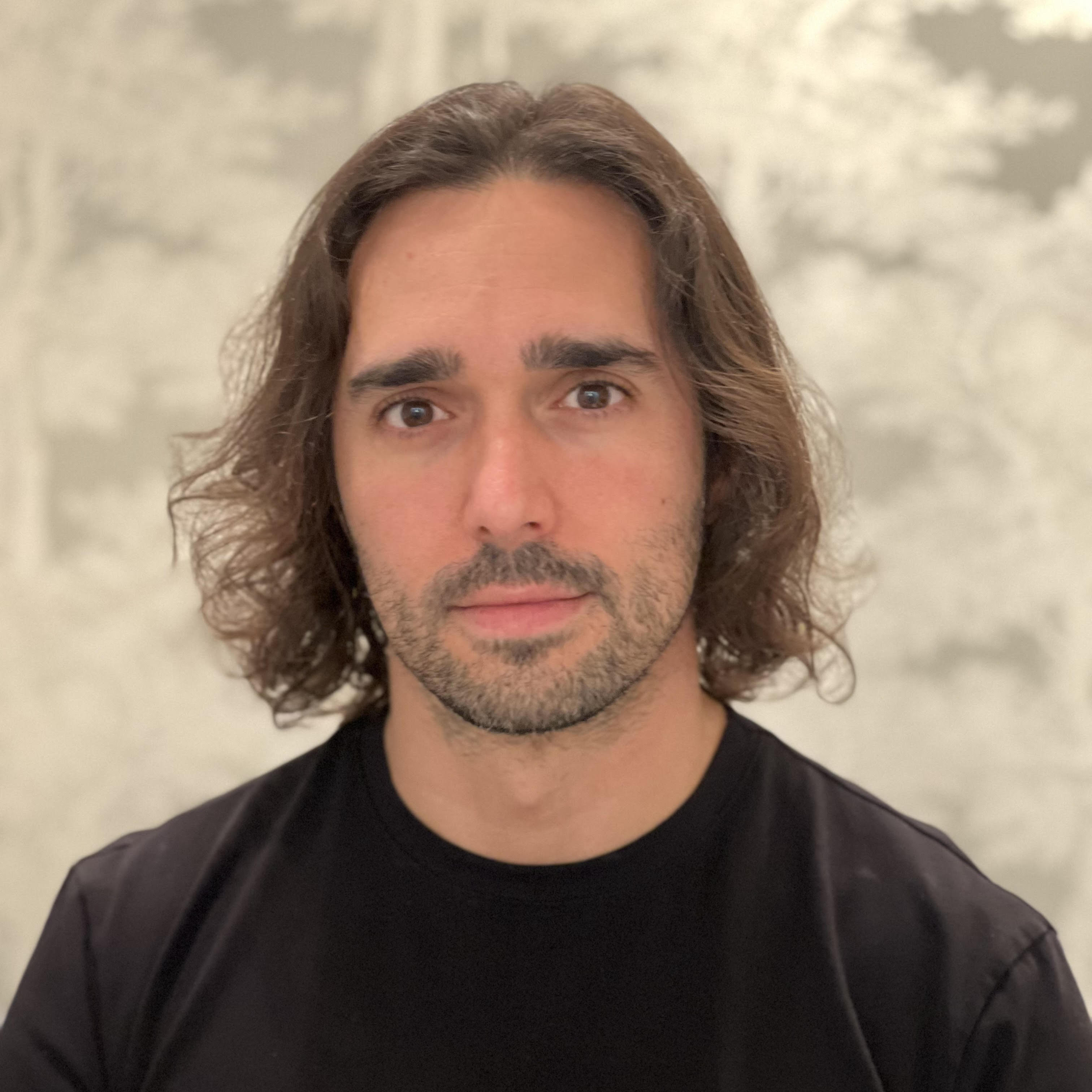
©2023 Iker Malaina
Specialist in mathematics applied to biology, with special emphasis on biomedical applications such as the computational design of vaccines or the analysis of biomedical temporal series.
Assistant Professor at UPV/EHU, since 2019. PhD from UPV/EHU, 2017, with Extraordinary Award; Máster en Investigación Biomédica from UPV/EHU, 2013; and Licenciatura en Matemáticas from UPV/EHU, 2012.
Judit Muñoz-Matute
(BCAM)
[AI RT Officer]
©2021 BCAM
Specialist in discretization methods for transitory partial differential equations.
Marie Skłodowska-Curie Postdoctoral Fellow (MSCA-IF-2020) at BCAM, since 2021 [February]; Visiting Researcher at Oden Institute for Computational Engineering and Sciences, UT Austin (Texas, United States), since 2021 [February]. Vicent Caselles Award 2020; and Spanish candidate from SeMA to ECCOMAS awards for the best PhD thesis in 2019. Investigadora Postdoctoral at BCAM, 2019-2021 [January]. PhD from UPV/EHU, 2019; Máster en Modelización e Investigación Matemática, Estadística y Computación from UPV/EHU, 2015; and Licenciatura en Matemáticas from UPV/EHU, 2014.
Josué Tonelli-Cueto
(Johns Hopkins University)
[Chairperson]
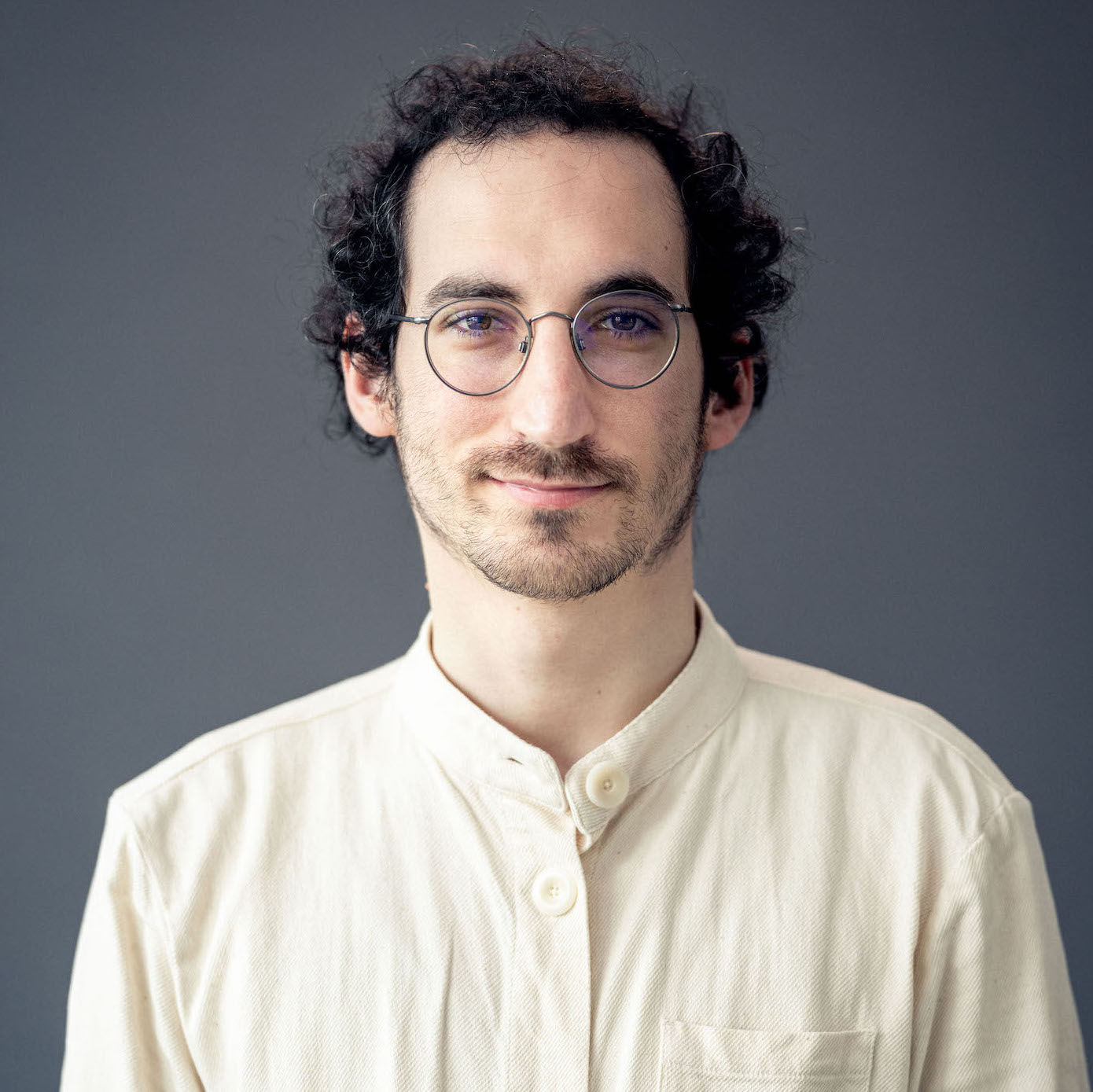
©2022 Inria & B. Fourrier
Specialist in numerical algorithms in algebraic geometry and their complexity.
Rufus Isaacs Postdoctoral Fellow at Johns Hopkins University (Maryland, United States), since 2023. Lecturer/Research Fellow at UT San Antonio (Texas, United Stated), 2022-2023. FSMP Postdoctoral Fellow at Inria Paris and IMJ-PRG (France), 2020 [January]-2022. PhD from Technische Universität Berlin and Berlin Mathematical School (Germany), 2019 [noviembre], with a dissertation award MATH+2020 of the doctoral school and the 3rd Award of the Tirburtius-Preis 2020 of the Berlin Universities; M.Sc. Mathematik from Technische Universität Berlin (Germany), 2017; and Licenciatura en Matemáticas from UPV/EHU, 2014.
Jone Uria-Albizuri
(UPV/EHU)
[Opening/Closure Officer]
©2021 Jone Uria-Albizuri
Specialist in group theory and symbolic dynamics.
Assistant Professor at UPV/EHU, since 2021. Postdoctoral Fellow of the group Mathematical, Computational and Experimental Neuroscience at BCAM, 2018-2020. PhD from UPV/EHU, 2017; Máster en Matematicas y Aplicaciones from Universidad Autónoma de Madrid, 2014; and Licenciatura en Matemáticas from UPV/EHU, 2013.
Scientific Committee
The scientific committee has seven people selected by RSME's Scientific Comission and RSME's Governing Council for their research merits. The chairperson of the scientific committee is Ujué Etayo and the vice-chairperson Ángel González-Prieto. The committee is formed by the following people (ordered alphabetically).
The committee is formed by the following people (ordered alphabetically).
The committee is formed by the following people (ordered alphabetically).
Marta Baldomero-Naranjo
(Universidad de Cádiz)
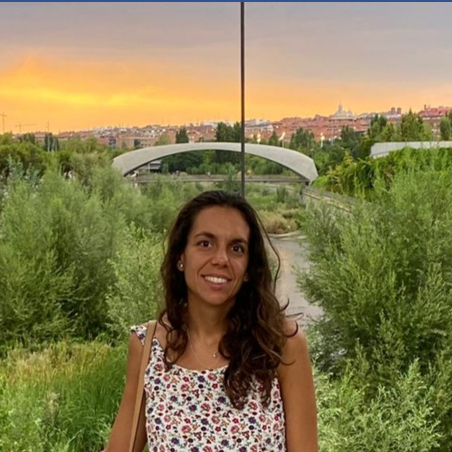
©2022 Marta Baldomero-Naranjo
Specialist in optimization, mainly models applied to localization and data science.
Assistant Professor at Universidad de Cádiz (UCA), since 2023. Assistant Professor at Universidad Complutense de Madrid, 2022 [June]- 2023. Interim Substitute Professor at UCA, 2021-2022 [June]. Ramiro Melendreras Prize 2022; YoungWomen4OR 2022; and Accesit and CSIC Special Award in the Certamen Universitario Arquímedes 2017. PhD from UCA, Universidad de Granada (UGR), Universidad de Málaga (UMA), Universidad de Almería (UAL) and Universidad de Jaén (UJA), 2021; Máster en Formación del Profesorado (Matemáticas) from UNED, 2021; Máster en Matemáticas from UCA, UGR, UMA, UAL and UJA, 2017; and Grado en Matemáticas from UCA, 2016.
Damián Castaño Torrijos
(Universidad de Castilla-La Mancha)(Univ. Castilla-La Mancha)
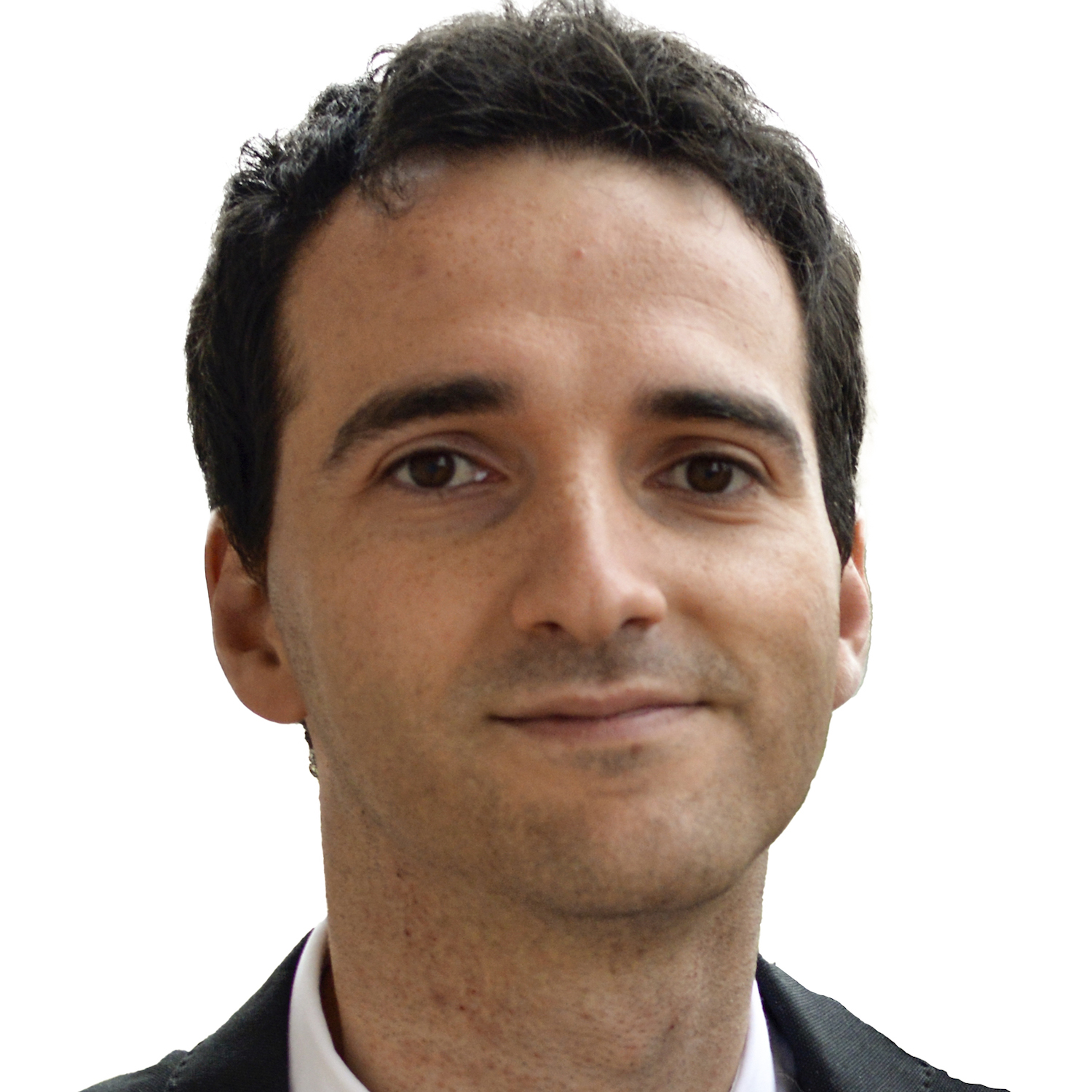
©2022 Damián Castaño
Specialist in numerical modelization and simulation of fluids, including thermical processes of natural convection and microwaves.
Interim Associate Professor at Universidad de Castilla-La Mancha (UCLM), since 2020 [December]. PhD from UCLM and Universidad de Granada, 2017; Máster Universitario en Profesor de Educación Secundaria Obligatoria FP e Idiomas from UCLM, 2012; and Licenciatura en Matemáticas from Universitat de Valencia, 2011, with Extraordinary Award.
Ujué Etayo
(Universidad de Cantabria)
[Chairperson]
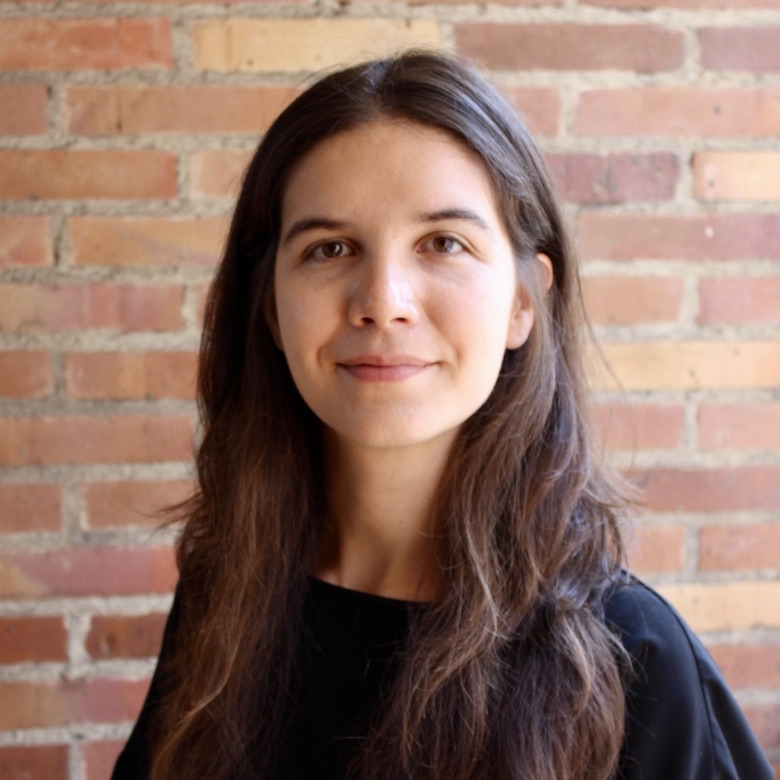
©2021 Pablo Etayo
Specialist in potential theory.
Assistant Professor at Universidad de Cantabria (UC), since 2021 [February]. José Luis Rubio de Francia Prize 2022; and Vicent Caselles Award 2020. Postdoctoral Researcher at TUGraz (Austria), 2019 [April]-2021 [February]. PhD from UC, 2019 [March], with Juan María Parés Award 2022; Máster en Matematicas y Computación from UC, 2015; and Grado en Matemáticas from Universidad de Valladolid, 2014.
Ángel González-Prieto
(Universidad Complutense de Madrid
& Instituto de Ciencias Matemáticas)(Univ. Complutense de Madrid
& Inst. Ciencias Matemáticas)[Vice-Chairperson]
& Instituto de Ciencias Matemáticas)
& Inst. Ciencias Matemáticas)
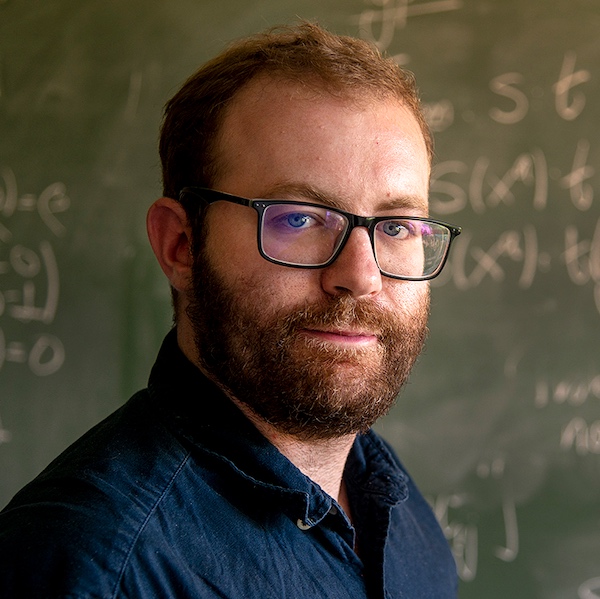
©2021 FBBVA
Specialist in algebraic geometry, algebraic topology and mathematical physics, with special attention to topological quamtum field theory and representation theory; also interested in AI, with special focus on recommendation systems and generative models with geometric techniques.
Assistant Professor at Universidad Complutense de Madrid (UCM), since 2021 [July]. Vicent Caselles Award 2021. Assistant Professor at Universidad Autónoma de Madrid (UAM), 2021 [February - July]. Severo Ochoa Postdoctoral Researcher associated to the Spanish National Research Council (CSIC) at Instituto de Ciencias Matemáticas, 2019 [June - December]. Ayudante at Universidad Politécnica de Madrid, 2018 - 2021 [February]. PhD from UCM, 2018, with Extraordinary Award; Máster en Matemáticas y Aplicaciones from UAM, 2015; and Doble Grado en Matemáticas e Ingeniería Informática from UAM, 2014.
Álvaro Méndez-Civieta
(uc3m-Santander Big Data Institute)(uc3m-Santander Big Data Inst.)
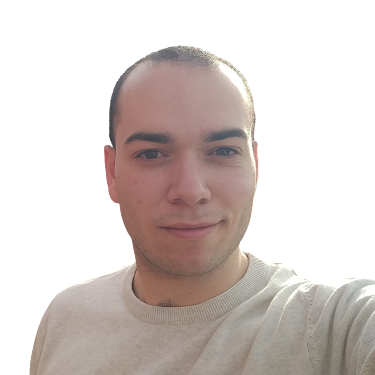
©2022 Álvaro Méndez-Civieta
Specialist in variable selection models, dimension reduction and functional data for high-dimensional spaces, with a robust perspective based on quantile regression.
Postdoctoral Researcher at uc3m-Santander Big Data Institute, since 2022 [February]. PhD from Universidad Carlos III de Madrid (uc3m), 2022; Máster en Big Data Analytics from uc3m, 2016; and Grado en Matemáticas from Universidad de Oviedo, 2015.
Álvaro del Pino Gómez
(Universiteit Utrecht)
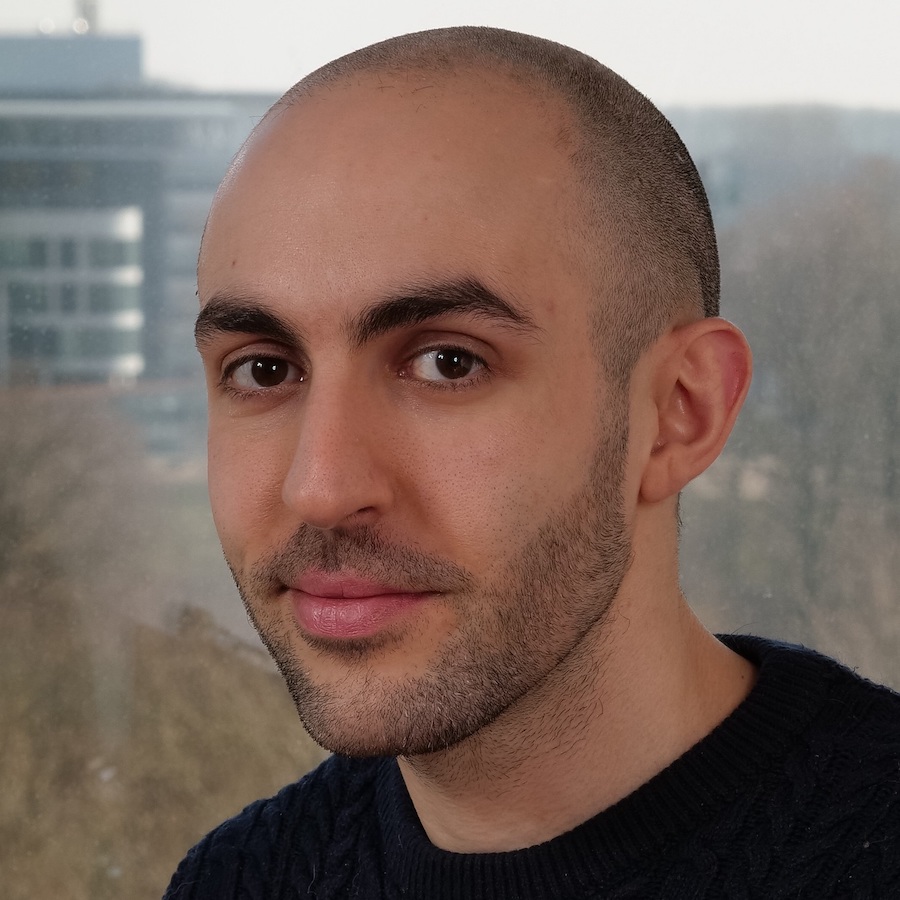
©2022 Universiteit Utrecht
Specialist in differential topology, with special focus on the study and homotopic classification of geometric structures in manifolds.
Assistant Professor at Universiteit Utrecht (Países Bajos), since 2020. André Lichnerowicz Prize for Poisson geometry 2022; and Vicente Caselles Award 2018. NWO Veni Postdoctoral Fellow at Universiteit Utrecht, 2018-2020. Postdoc at Universiteit Utrecht, 2017-2018. PhD from Universidad Autónoma de Madrid (UAM) y el Instituto de Ciencias Matemáticas, 2017; Máster en Matemáticas from UAM, 2013; and Licenciatura en Matemáticas e Informática from UAM, 2012.
Óscar Rivero Salgado
(Universidade de Santiago de Compostela)(Univ. Santiago de Compostela)
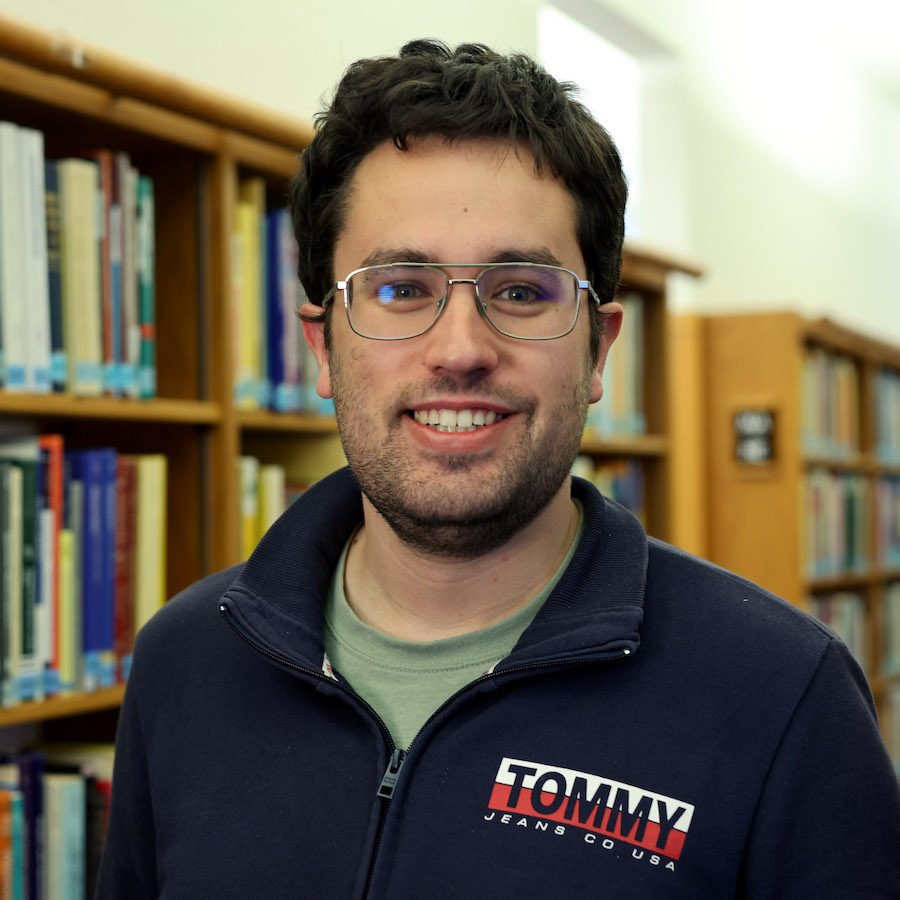
©2023 SLMath & Jason Maze
Specialist in algebraic number theory, with special attention to Iwasawa theory, Euler systems and $p$-adic $L$-functions.
Assistant Professor at Universidade de Santiago de Compostela, since 2023. Vicent Caselles Award 2023. Postdoctoral Researcher at Simons Laufer Mathematical Sciences Institute (California, Estados Unidos), 2023 [January - May]. Newton International Fellow at Mathematics Institute de la University of Warwick (Reino Unido), 2021 [March]-2022 [December]. PhD from Universitat Politècnica de Catalunya (UPC), 2021; Máster en Matemática Avanzada e Ingeniería Matemática from UPC, 2017; and Grado en Matemáticas e Ingeniería Física from UPC, 2016.
Organizing Society:
Real Sociedad
Matemática Española
(RSME)
Founded in 1911 and reconstituted in 1996, the Real Sociedad Matemática Española (RSME) [Royal Spanish Mathematical Society] is the primary Spanish mathematical association that represents and looks out for the interests of all people of this discipline in the country, both at the national and at the international level. With its different bulletins, commissions, congresses, schools, awards and publications, the RSME not only plays a purely institutional and formal role but also becomes the organic means through which the Spanish mathematical community articulates, communicates, coordinates and expresses itself.
The RSME is determined to play a central role in the young Spanish mathematical community. To promote collaboration and interaction inside this young community, the RSME organizes, since 2011, every other year, the Congreso de Jóvenes Investigadores [Congress of Young Researchers], where young researchers can present their first results and interact with other young researchers interested in maintaining a link to Spain. Furthermore, to recognize the research of the best young researchers in mathematics, the RSME gives each year the Vicen Caselles Awards, in collaboration with the BBVA Foundation since el 2015, and the Rubio de France Prize since 2004. And for looking out for the interest of the young Spanish mathematical community, the RSME has, since 2018, the Comisión de Jóvenes [Young Commission], presided over today by the mathematician Erika Diz Pita.
Hosting and Organizing
Institution:
Universidad del País Vasco/
Euskal Herriko Unibertsitatea
(UPV/EHU)
Founded on February 25th, 1980, after the incorporation to the University of Bilbao of the higher education centers in Gipuzkoa and Araba, Universidad del País Vasco/Euskal Herriko Unibertsitatea (UPV/EHU) [University of the Basque Country] is the most prominent university of the Basque Country—and one of the first of the whole Spain—with campuses in the three Basque provinces: in Biscay, distributed across Bilbao, Leioa, Barakaldo and Portugalete; in Gipuzkoa, distributed between Donostia and Eibar; and in Araba, located at Vitoria-Gasteiz.
In its logo (designed by the Basque artist Eduardo Chillida), one can read the motto of the university:
eman ta zabal zazu
Under this motto (which means “give and extend it”), the UPV/EHU “gives” (researches) and “extends” (teaches) knowledge to the Basque people in all the areas of inquiry. Regarding mathematics, this branch can be found in the so-called Leioa campus. There, in the Department of Mathematics, in the Facultad de Ciencia y Tecnología (ZTF-FCT) [College of Science and Technology], the new Basque mathematics and mathematicians are created and formed.
Co-Organizing Institution:
Basque Center
for Applied Mathematics
(BCAM)
Founded in 2008 with the support of the Basque Government, the Basque Center for Applied Mathematics (BCAM) is the most important research center of applied mathematics not only in the Basque Country but also in the whole of Spain. Its recognition as Centro de Excelencia Severo Ochoa [Severo Ochoa Excellence Center] neither once nor twice, but three consecutive times since 2013, justifies this qualification. In addition, the BCAM is not only a leading research center, but it plays a central role in the Basque (and international) industry with its successful projects of mathematical-technological transfer.
Among the successes of the BCAM in the industrial world, we find the collaboration with Basque Healthcare System, Osakidetza on the modelization and prediction of the evolution of COVID-19; with the Athletic Club Bilbao on the prediction of casualties in players; with the coffee company illy on the modelization at the microscopic level of the mixture of coffee and water; and with the insurance company Lagun Aro on the prediction of termination of contracted insurances.
Sponsors
RSME's 7th Congress of Young Researchers has several instutions and companies that collaborate with the congress: the Basque Statistics Office, the Foral Diputation of Biscay, Bilbao City Council, through the BILBOMATH project with BCAM; and Laboral Kutxa.
Basque Statistics Office
(EUSTAT)
Created in April of 1986, the Basque Statistics Office (Eustat) is the public entity of the Basque Autonomous Community that produced quality information for the rest of Basque public institutions, social agents and the whole of the Basque society. Its work focuses on the continuous improvement and updating of the production of statistical information within context, adapting it to users' needs and using the most advanced methodologies and tools.
Foral Diputation of Biscay
The Foral Diputation of Biscay is the govberment of the historical region of Biscay. Biscay has its own tax regime that the Foral Diputation administers, being responsible for the roads, public works, and the cultural and enviromental patrimony. The institution works so that no one in Biscay is left behind, for which the institution provides services so that all people can have a full decent normal life. The Foral Diputation of Biscay develops public policies to answer the current technological, enviromental and demographic challenges, and so improve the comptetitivity of the region and generate quality jobs that serve the well-being of the whole society. In this way, Biscay will continue being an innovative region with atractive and open talent that is connected and balanced.
Through its non-profit organization Bizkaia Talent, the diputation helps and promotes that highly qualified professionals (among which one finds the researchers in mathematics) from all around the world could make of Biscay their place of residence and work.
BILBOMATH
Bilbao City Council
& BCAM
The BILBOMATH of the Bilbao City Council and the BCAM is a project whose objective is the promotion of internationalization, dissemination and innovation activities in Bilbao, with which the capital of Biscay hopes to favor the innovation and attraction of talent. Among the six objectives of the project, one finds the organization by the BCAM of international mathematical conferences and events, among which the present congress of the RSME finds itself.
Laboral Kutxa
Laboral Kutxa is a credit cooperative with the objective to attend to the financial needs of their members and clients. The entity finds itself integrated into the MONDRAGON Corporation, channeling its desire for social promotion through the punctual support of the activities of the corporative institutions. Additionally, it extends its social commitment through the economic and sociocultural development in the society in which it acts. Nowadays, it finds itself in the process of growth and transformation. Because of this, it is strengthening its methodological and technical capacities, in which mathematical professionals will play a relevant role.
